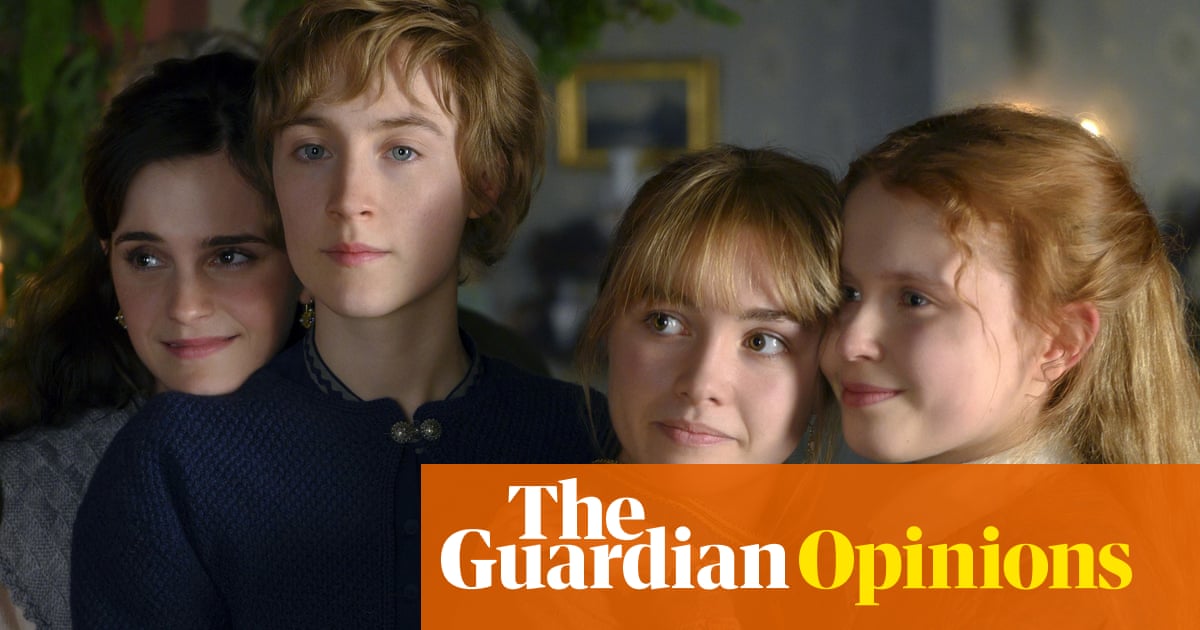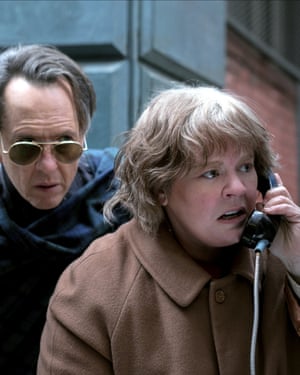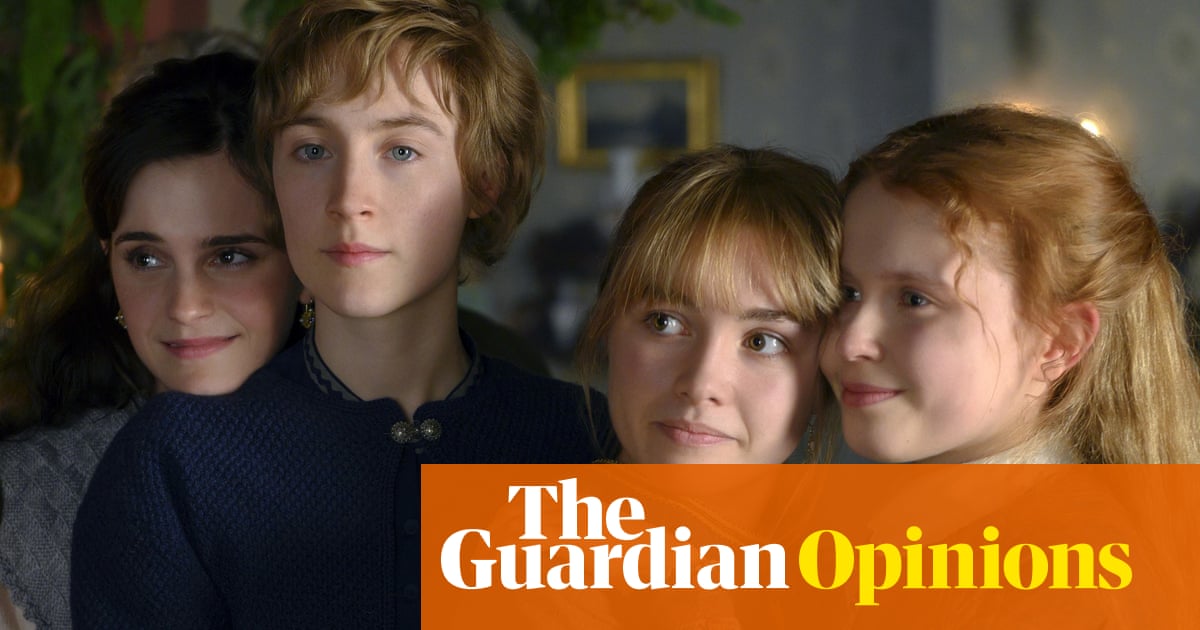Moral of the story: 2019’s boldest culture asked what it means to be good
At a time when deceit is trumping decency, artists from Kanye West to Greta Gerwig and Phoebe Waller-Bridge have taken it upon themselves to pose questions about virtue and privilege

In Greta Gerwigs new adaptation of Little Women, a haughty publisher dismisses Jo Marchs stories as unfashionable. Morals dont sell nowadays, he tells the aspiring author. People want to be amused, not preached at. Hopefully the statute of limitations has expired on spoiling a 151-year-old story: March an avatar for her creator, Louisa May Alcott proves him wrong. As has Gerwig, reviving Little Women in a year where a great deal of culture has considered the question of what it means to be good when the answer is less clear than ever.
A decade of consciousness-raising via Twitter and Tumblr has complicated the issue, often by using culture and its makers to arbitrate issues of morality, from cultural appropriation to micro- and macro-aggressions. Even the concept of cancel culture ended up getting cancelled: debunked by critics, often of colour, who pointed out that nobody who had been cast aside for their infractions had gone away or lost much as a result. If so-called cancel culture was actually effective, then Donald Trumps history of sexually degrading comments (and alleged sexually degrading behaviour) and racist business practices would have impeded his path to the White House an idea that seems increasingly like a fairytale as the far right mount a successful pushback that has resulted in a moral void in world leadership. Politicians and lower-level scammers have proven that deceit seldom gets in the way of success or power. Its fallen to children to hold adults to account for the decades of irresponsible, selfish consumption that has accelerated the climate crisis.
Art became a space where these matters could be litigated, and tangible change could be reassuringly felt. It was inevitable that the question would resurface in culture, a longstanding concern pressed into new shapes as artists reach for the certainties of family, religion, self-respect and nature. The problem is that there appear to be diametrically opposed views on what constitutes goodness, who sets those standards and who benefits from them. At the start of 2018, New Statesman critic Anna Leszkiewicz wrote about what she called morality TV, exploring why characters on screen are more anxious, guilty and self-hating than ever. The protagonists of shows including Search Party, Bojack Horseman and The Good Place were obsessed with whether they were good or bad people, she wrote. Almost two years later, that binary has become infinitely granular: not about being good or bad per se, but more the existential consideration of those qualities. At the start of series two of Fleabag, Phoebe Waller-Bridges character offers a supercut of the virtuous things shes done to get her life back on track: exercise, smoothies, sobriety. She is a better person than the mascara-smeared mess who sort of killed her best friend in series one. But surprise! all the new year, new you tropes cant fill her cavernous existential holes. Fleabags second coming asked that great Russian novel question: how can you live a good life at a time of great suffering when there may or may not be a God?

The essays in New Yorker staff writer Jia Tolentinos debut collection Trick Mirror turned over the complicated motivations behind contemporary performances of virtue a question that found perhaps its definitive manifestation in Kanye Wests turn towards gospel this year. Critics asked whether his religious awakening was merely a cynical attempt at redemption after a distinctly troubled period that saw him endorse Trump and describe slavery as a choice. Admittedly it was difficult to accept West slut-shaming his wife in the name of the Lord on his album Jesus Is King, and to take his invite-only Sunday Service worship sessions complete with merch including a $50 pair of socks and a $225 sweater as a sign of a true believer, rather than an untrammelled god complex. But in an episode of the New York Timess Popcast, gospel critics said the community was welcoming of his forays into the genre. If the Christian response to West is one of forgiveness and acceptance, then cynicism itself becomes suspect.
That dynamic, where unexpected circumstances challenged a characters long-held ideas about what it meant to be good, played out on screen. The two proud nerds of Booksmart are contemptuous of their hard-partying classmates until they learn that the bad kids are, in fact, matching their grades and having fun. Being good has only held their lives hostage. A more X-rated version of that revelation drove in HBOs Mrs Fletcher. Kathryn Hahns titular character, a feminist mother and divorcee, is appalled by her teenage sons degraded sexual politics. But when he leaves for college, she develops a heavy porn habit that offers her unprecedented liberation.

Artists further questioned who set the rules around morality and who actually benefits from adhering to them. At the end of Big Little Lies first series, it was Bonnies decency that drove her to run at Perry as he was strangling his wife, Celeste, pushing him down a flight of stairs and to his death. That sense of virtue returns in series two: no matter that she killed Perry to save Celeste, Bonnie still killed a man, and she falls apart under the pressure of lying. Meanwhile, her wealthy, white peers conceal the deed beneath the veneer that covers their lives, and carry on as before. The outward appearance of being a good father leads readers to sympathise with the newly divorced protagonist of Taffy Brodesser-Akners novel Fleishman Is in Trouble until his estranged wife finally enters the frame and offers a sucker-punch perspective flip.
Even straightforward matters of justice acquired new wrinkles. In Marielle Hellers film Can You Ever Forgive Me?, Melissa McCarthy portrays Lee Israel, a biographer on her uppers who resorts to becoming a successful literary forger. Its a Robin Hood tale: as the breadline recedes into the distance, deception comes to look like a legitimate survival tactic. In Succession, meanwhile, a whistleblower threatens to overthrow Waystar Royco, and we watch Cousin Greg toy with whether to play his ace in service of financial reward or moral fortitude. His privilege a young white man who has swiftly become accustomed to newfound wealth means this hapless antihero slyly finds an option that combines both.
Its a rare circumstance. In Rian Johnsons Knives Out, a wealthy family that telegraphs its liberal credentials through New Yorker subscriptions and conspicuous wokeness becomes outraged when it transpires that the late patriarch, a celebrated author, has left his entire estate to his Latina carer. Marta, the daughter of an undocumented immigrant, appears to have killed him by accidentally and becomes embroiled in the whodunnit. But as his family members are revealed to be conniving and varyingly complicit, Marta exonerates herself and reveals the true culprit by always doing the decent thing. She inherits the estate. But the film acts as a sort of reverse Get Out, the rub being that the good immigrant can never win: not even model citizens are safe from racist attitudes and immigration policies.

Even redemptive narratives are tinged with bitterness. In Little Women, Gerwig adds contemporary nuances to highlight how progressive Alcotts 1868 text already was and to restore some of Alcotts politics and ambitions that were stifled by her publishers ideas of the right path for girls. What if you felt, when [Jo March] gets her book, the way you generally feel about a girl getting kissed? Gerwig has said. So that its not girl-gets-boy; its girl-gets-book.
Delving into the March sisters later lives, she touches on Amy March setting up a foundation to support ambitious women. Gerwigs film is a comparable yardstick: its a testament to her own ambition to the depth of her research, her renowned care and respect as a director and collaborator and a film whose politics, success and critical acclaim should create more opportunities for women film-makers in Hollywood. Gerwig has done everything right and yet shes been overlooked at the Golden Globes, which generally pave the way for the Oscar nominations. In 2019, morals may sell, but their benefits are harder to come by.
